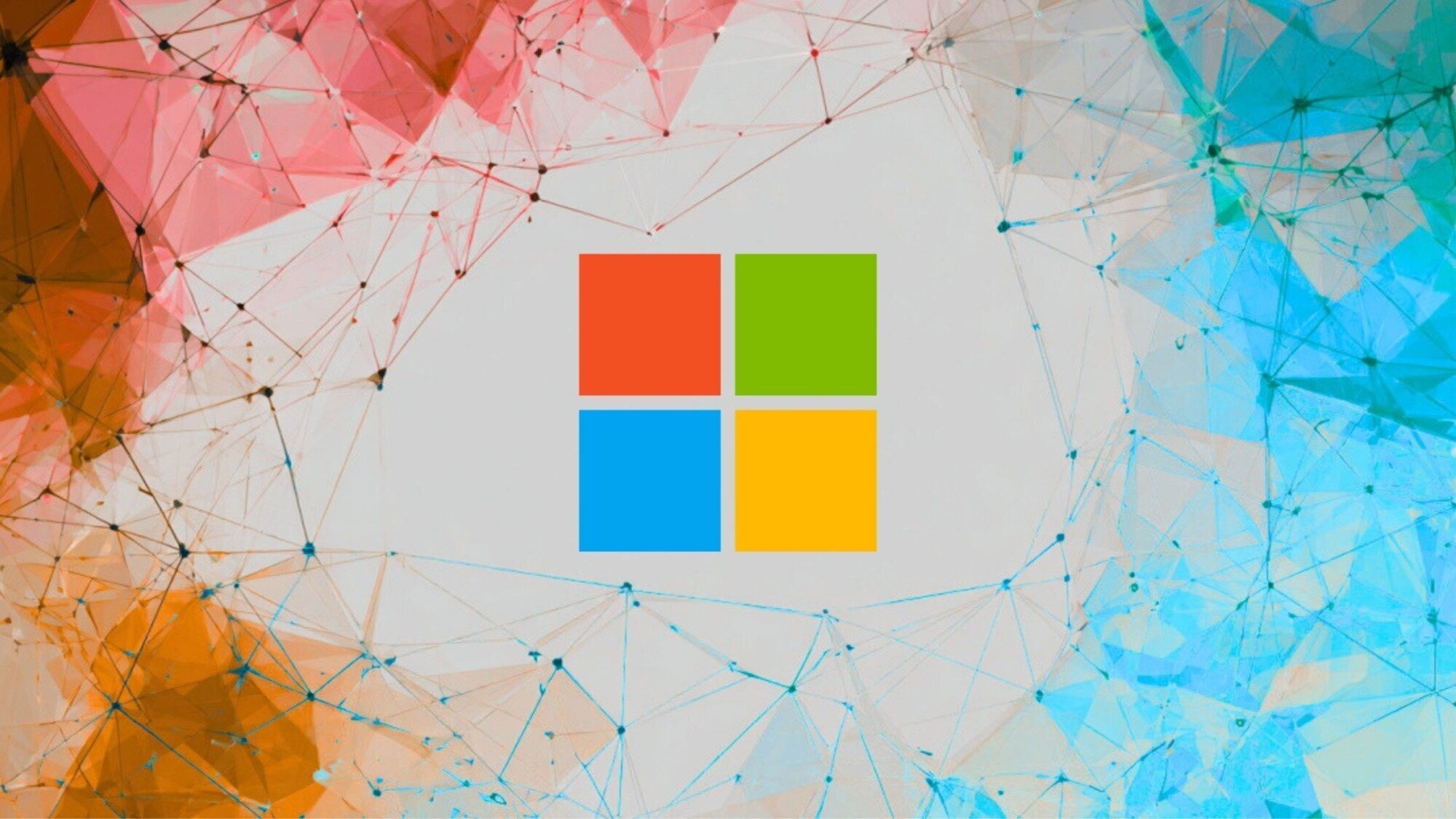On January 12, Australia's Attorney-General Michelle Rowland stepped to the podium and announced what she called "the toughest hate laws Australia has ever seen."
The government plans to push its Combatting Antisemitism, Hate and Extremism Bill 2026 through Parliament on January 20, turning Australia's speech laws into something that reads more like a psychological test than a criminal code.
We obtained a copy of the bill for you here (and the memorandum here.)
The same week Prime Minister Anthony Albanese was praising Iranians "standing up for their human rights," his government was preparing to criminalize speech at home even when no one's rights or feelings had actually been touched.
The bill's centerpiece is a new racial vilification offense. It bans "publicly promoting or inciting hatred" based on race, color, or national or ethnic origin, with penalties of up to five years in prison.
The measure's core novelty is what it removes: proof of harm.
It's "immaterial," the draft says, whether "the conduct actually results in hatred" or whether anyone "actually" feels intimidated or fears harassment.
The courts will instead consider what a hypothetical "reasonable" member of the targeted group would feel, even if no such person exists in the case.
Prosecutors, the explanatory note clarifies, "would not be required to prove" any real fear at all.
The message: you can go to prison for causing theoretical discomfort in a theoretical person.
Rowland's bill doesn't stop at the town square or the street corner. It explicitly defines a "public place" to include any form of electronic communication, including social media, blogs, livestreams, recordings, and content posted from private property if the public can see it.
In other words, the living room webcam and the backyard podcast are now public arenas. A joke, a meme, or an overheard rant could be weighed for its impact on an imaginary "reasonable person" who never existed.
That five-year penalty isn't for causing harm; it's for crossing a line no one can quite locate.
The one solid shield in this maze of liability is religion. The offense "does not apply to conduct that consists only of directly quoting from, or otherwise referencing, a religious text for the purpose of religious teaching or discussion."
Everyone else is left to improvise a defense under the general "good faith" clauses.
The memorandum calls this exemption "peculiarly within the knowledge of the defendant," which is legalese for: you better prove your sermon was holy enough.
The government has built a speech hierarchy, placing priests and imams on the top shelf and comedians and columnists in the discount bin.
The Combatting Hate bill reads like the product of a government that wants to be applauded for standing up to bigotry but can't resist the lure of control.
It recasts expression as a form of potential violence, with guilt determined not by actions or consequences but by how a hypothetical observer might feel.
The Combatting Hate bill takes the already broad category of "prohibited hate symbols" and turns it into a legal booby trap.
Under the amendments, anyone accused of displaying one must now prove their own innocence. The idea of innocent until proven guilty would now be reversed.
The government boasts that the law "removes the current requirement…for the prosecution to disprove the existence of a legitimate purpose" and instead "reverses the burden of proof to require the defendant to provide evidence suggesting a reasonable possibility of the existence of a legitimate purpose for display."
In plain language, the accused must demonstrate that they had a permitted purpose, such as education or historical context, before prosecutors even have to make their case.
Police can demand the removal of online material and seize physical items.
The likely effect is predictable: artists, academics, and journalists will think twice before touching any material that could be misinterpreted.
The courtroom will not even need to convict. The process itself becomes the punishment.
The bill goes further with a new power to designate "prohibited hate groups."
The Australian Federal Police Minister can create these listings without hearings or due process. The statute leaves no ambiguity: "The AFP Minister is not required to observe any requirements of procedural fairness in deciding whether or not the AFP Minister is satisfied for the purposes of this section."
This power does not stop at the Australian border. The listings can reach backward in time and across borders. The bill allows an organization to be blacklisted if it "has advocated (whether or not in Australia)" conduct that qualifies as hateful, even if that conduct "occurred before subsection (1) commences."
That means a person can be prosecuted for speech or association that was entirely legal when it occurred. The past is no refuge, and geography offers no escape.
Once a group lands on the list, the penalties multiply. According to the government's own factsheet, "The maximum penalties for these offences range from 7 to 15 years imprisonment."
Membership can mean seven years. Providing support, training, recruitment, or funding can mean fifteen. The memorandum quietly adds that the Director-General of Security's advisory role in the process is also exempt from procedural fairness.
The bill presents itself as protection, but is written in language that is surprisingly reckless and shamelessly authoritarian.
It reads like the product of a government comfortable with punishing ideas instead of actions. The text removes the need for evidence of harm, rewrites fear as a legal standard, and shifts the burden of innocence onto the accused.
Its tone is revealing. The clauses are direct and unapologetic, describing censorship powers and reversed burdens as if they were routine administrative steps.
There is no hesitation or recognition of limits, only the steady assumption that control is an acceptable substitute for trust.
This legislation normalizes the management of thought through regulation. The state positions itself as the final arbiter of acceptable speech, using fear as both the metric and the motive.
Once written into law, that kind of authority rarely asks permission to grow.















